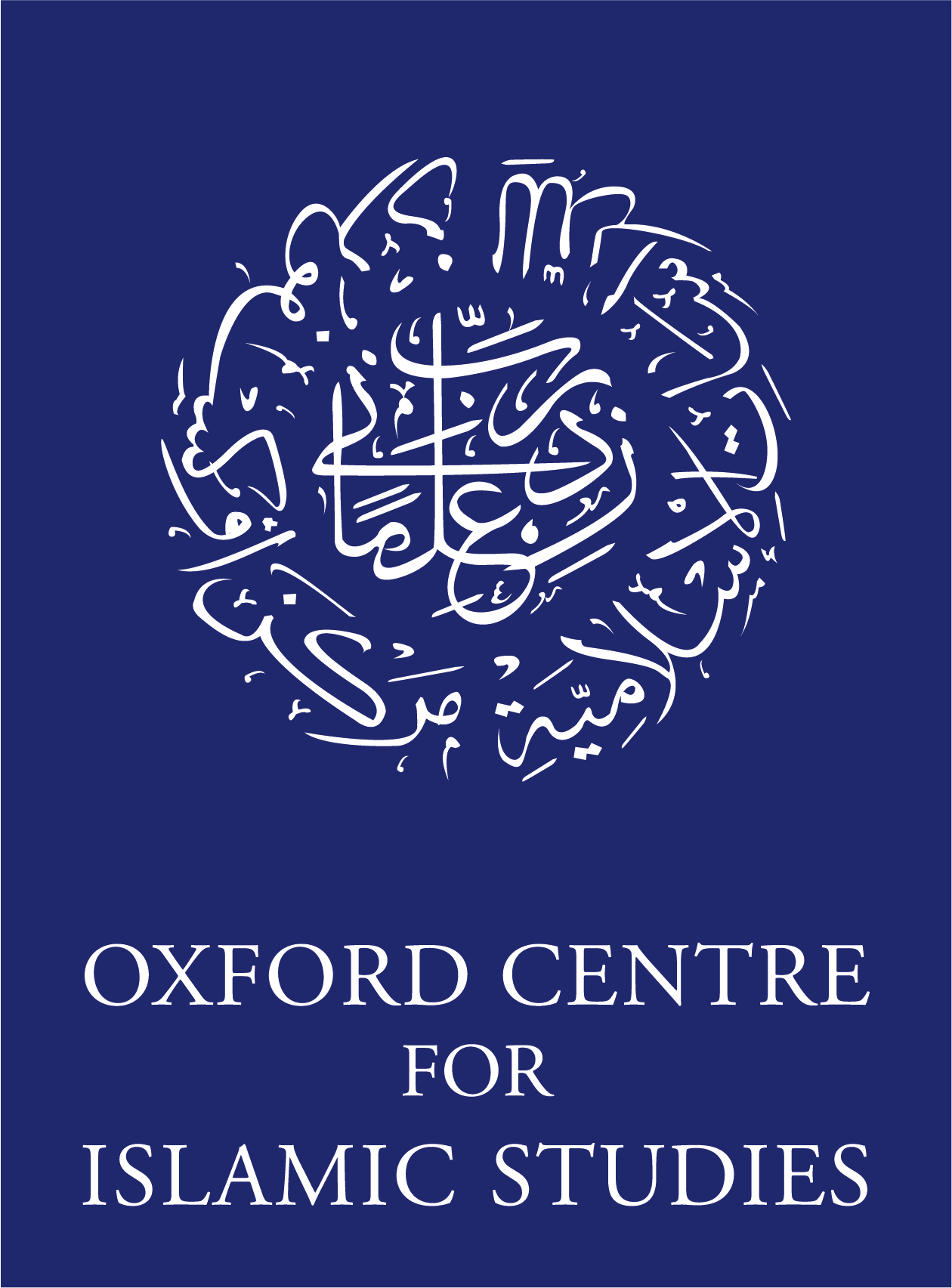Remapping Political Islam in the Middle East
For much of the twentieth century Islamists maintained that Islam provided the perfect, authentic and natural solutions to the crisis of the state. In a life and death struggle with the state, Islamist movements were forced underground, only to surface for intermittent confrontations with the ruling establishments. Arguably, the ground shifted dramatically into the 1980s following Iran’s Islamic revolution and the jihad against the Soviet occupation of Afghanistan in 1979, marking an Islamist revival. From Algeria to Jordan and Sudan, Islamist movements were ascendant. So, following an analytical survey of Islamism in the region in the 1980s and nineties, I will turn my attention to the transformative effects of the Arab uprisings on political Islam, arguing that despite Islamists’ spectacular presence, political Islam has been fractured beyond repair. It is now weak and on the defensive, arguably on the run.
Anoush Ehteshami is Professor of International Relations in the School of Government and International Affairs, Durham University. He is also the Nasser al-Mohammad al-Sabah Chair in International Relations and Director of the HH Sheikh Nasser al-Mohammad al-Sabah Programme in International Relations, Regional Politics and Security. He is, further, Director of the Institute for Middle Eastern & Islamic Studies (IMEIS) at Durham. He acts as Co-director (2016-21) of the £3.9 million AHRC-funded Open Worlds Initiative entitled Cross-Language Dynamics: Reshaping Community. Previously (2006-16), he acted as Joint Director of the nationally (RCUK)-funded Durham-Edinburgh-Manchester Universities’ research and training Centre for the Advanced Study of the Arab World (CASAW).
He was Durham University’s first Dean of Internationalization, 2009-2011, and was the founding Head of the School of Government and International Affairs (2004-9). He has been a Fellow of the World Economic Forum, and served as a member of the WEF’s foremost body, the Global Agenda Councils, 2010-12, focusing on energy. He was Vice-President and Chair of Council of the British Society for Middle Eastern Studies (BRISMES) 2000-2003. He is Editor of two major book series on the Middle East and the wider Muslim world, and is member of Editorial Board of seven international journals.
To join the seminar please register.
